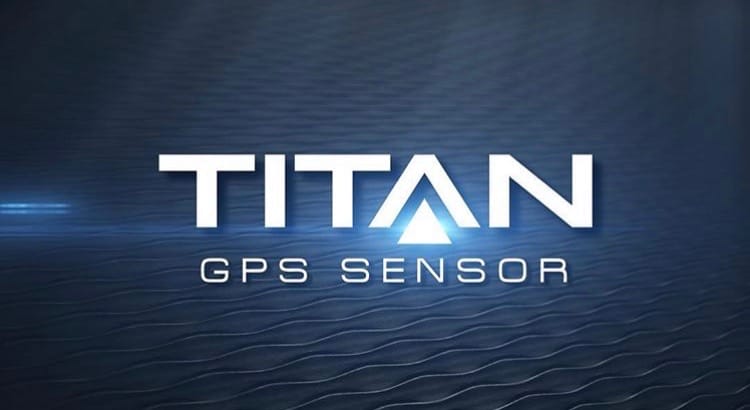EXCITING NEWS for Speed Mechanics! We are now working with Titan Sensors, one of the leaders in GPS technology. They are the #1 unit in the newly formed Canadian Premier League, were part of the Grey Cup success of the Winnipeg Blue Bombers and are in many Division 1 and Canadian universities. What do they do? What does this mean for you? First, Titan Sensors offers two different GPS units, the Titan 1+ and the Titan 2. These sensors can provide feedback to players like distance covered, top speed, number of sprints completed, changes of direction, time spent at different speeds and accelerations, and more. There are up to 150 metrics available to examine. The Titan 2 can even measure impact forces and the number of impacts in a game for contact sports like hockey, rugby, football, and lacrosse.

“Who cares? Why should this matter to me?” Athletes today are playing more games now than ever and practicing less (relative to the number of games played). Athletes can be more underprepared for the stresses of matches by not physically preparing in practice or in their off-pitch training. GPS can work to show athletes, coaches, and parents what the athlete is doing in matches and how that relates to practices. In general, athletes should be training in a progressive manner to prepare the body for loads and forces greater than what they experience in a game so that matches feel easier and it will reduce their risk of injury because the load is less than their capacity. By using GPS, we can bridge that gap and objectively see what the differences are. We can see that little Timmy or little Jenny hit a top speed in games of 21 and 19 km/h respectively, while in practice they hit speeds of 23 and 20 km/h. However, we know their top speeds are 28 and 24 km/h. This means that they are not training fast enough in practice to make them any faster. It also makes them susceptible to injury if in a game they are required to reach speeds closer to their max.
The other major thing we can monitor is the volume of training our athletes are doing. I know some of the athletes I work with are training with 2-3 teams and the accumulated volume of work they are doing is insanely high. They are running and training more than professional academy teams or even pro teams. Because of this, we are seeing an increase in traumatic injuries like ACL tears, hamstring strains, hip flexor/quad strains. With the Titan Sensors, we can monitor our athletes and adjust our training to fill the gaps more effectively, reducing the risk of injury and increasing subsequent performance!

“This sounds all well and good, but it sounds expensive!” Yes, it does, but Titan is one of the most affordable systems in GPS tracking and monitoring. At $100 USD for Titan 1+ and $200 USD for the Titan 2 (which has an accelerometer and IMU – more tech) these are by far the most affordable. The quality of data is research-grade as well, meaning it is very high quality. Some teams spend upwards of $10,000 or more on systems. This means that at the grassroots level we can utilize technology like the pros to help our developing athletes stay safe and perform better. *As a caveat, nothing will make them 100% safe or reduce their risk of injury 100%. Sports are inherently dangerous and there is always a risk, but we can reduce the risk of injury due to poor training methods.
“Ok, this all sounds good. It’s affordable. I see the value, but how do we use the data?” Well, there are two ways to go about this. One would be to throw it on and start collecting data and see if it makes sense. The second would be to hire someone, like us here at Speed Mechanics, who work in sports science and have experience in collecting, organizing, and analyzing data. Whether you’re a team or an individual, we can collect your data from ANYWHERE in the world, analyze it, and provide feedback for your team or you as an individual on how to fill the gaps in your practices and training to improve your performance on the pitch.

Check out Titan Sensors at the link above or their Instagram feed @titansensor. If you want to learn more about GPS sensors and how to integrate them into your training or your teams’ training, please enquire today at info@speedmechanics.ca. If you’re interested in purchasing a Titan 1+ Sensor, click here. If you’re interested in a Titan 2 Sensor, click here.
As always please like and share to support us at Speed Mechanics. Thanks for reading!

